When you think of culinary education, famous cities like Paris, New York, or San Francisco probably come to mind. These metropolitan centers have long been the traditional powerhouses of professional cooking instruction, attracting aspiring chefs from around the world.
But the culinary education landscape has expanded far beyond these obvious destinations. Today’s cooking schools are popping up in some astounding locations.
Here is a list of 17 cooking schools in unexpected places that offer world-class culinary education.
Kendall College in Chicago

Chicago might seem like an obvious choice for culinary education, but Kendall College sits in the city’s less glamorous South Side, far from the trendy restaurant districts. The school occupies a converted industrial building that once housed manufacturing operations.
Students learn their craft in kitchens that overlook former factory floors, creating an interesting contrast between old industry and new culinary arts. The location gives students easy access to Chicago’s diverse food scene while keeping tuition costs lower than downtown alternatives.
Johnson & Wales University in Charlotte

Most people associate Johnson & Wales with its flagship Providence campus, but their Charlotte location offers something completely different. Nestled in North Carolina’s banking capital, this campus trains chefs in the heart of NASCAR country.
The surrounding area provides unique opportunities to study Southern cuisine alongside international techniques. Students often find themselves catering to racing events and learning to cook traditional Carolina barbecue from local pitmasters.
Like Travel Pug’s content? Follow us on MSN.
Nashville State Community College
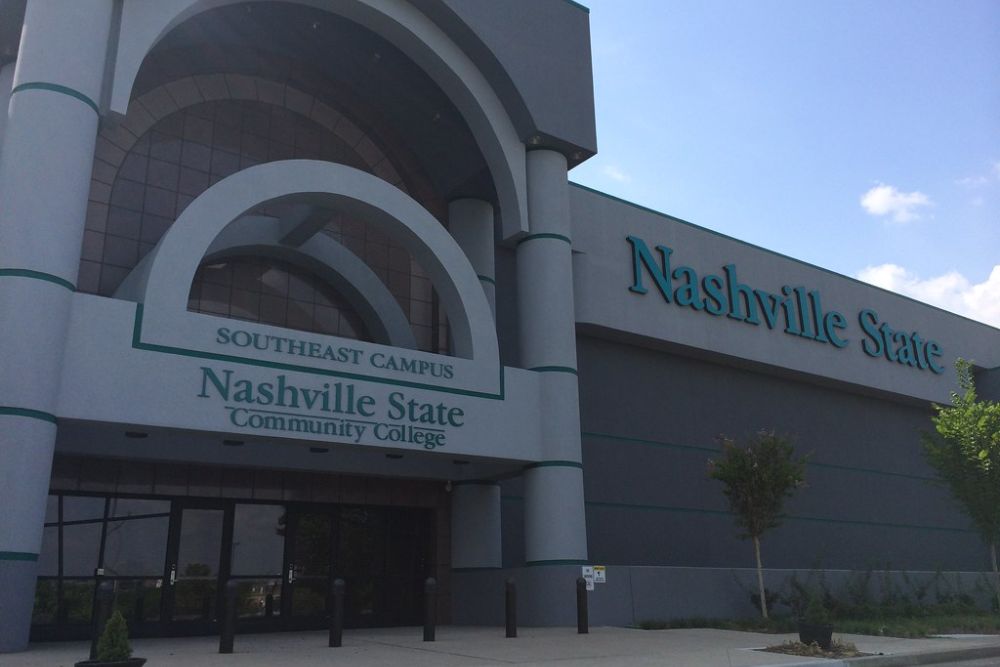
Nashville’s reputation centers on country music, not cuisine, making it an unlikely spot for serious culinary training. However, Nashville State Community College takes advantage of the city’s growing food scene and relatively low cost of living.
Students benefit from Nashville’s exploding restaurant industry while avoiding the intense competition found in more established culinary cities. The culinary program partners with local music venues and festivals, giving students experience in high-volume event catering.
Culinary Institute LeNôtre in Houston

Houston’s sprawling suburban landscape doesn’t scream ‘culinary sophistication,’ yet the Culinary Institute LeNôtre has carved out a reputation for excellence. Located in a converted shopping center, the school trains students in French techniques while embracing Texas-sized portions and bold flavors.
The diverse Houston population provides an incredible testing ground for fusion cuisine experiments. Students graduate with skills that blend classical European training with Southwestern influences.
Pennsylvania College of Technology in Williamsport

Williamsport, Pennsylvania, is better known for hosting the Little League World Series than producing professional chefs. This small-town setting allows students to focus intensively on their studies without big-city distractions.
The college’s culinary program operates several campus restaurants that serve the local community, giving students real-world experience in a supportive environment. Many graduates find that their small-town training gives them an edge when they move to larger markets.
Like Travel Pug’s content? Follow us on MSN.
Arizona Culinary Institute in Scottsdale
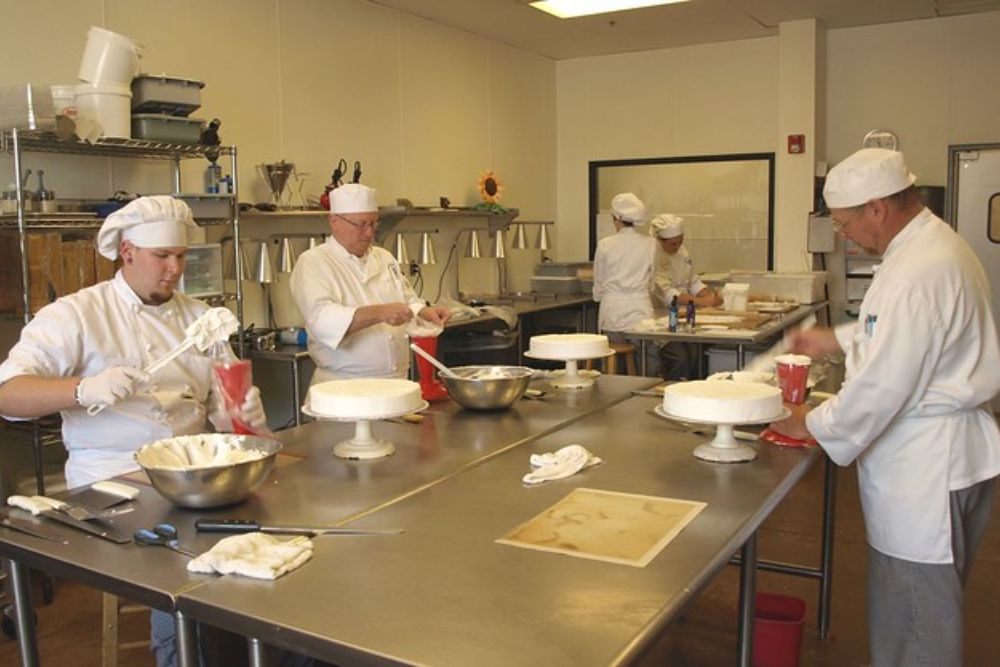
The Arizona desert seems like an odd place to study culinary arts, but Scottsdale’s year-round sunshine creates unique opportunities. Students can grow herbs and vegetables outdoors in every season, learning farm-to-table techniques firsthand.
The school’s location near several Native American reservations provides access to traditional indigenous cooking methods and ingredients. Desert cuisine has become a legitimate culinary movement, and Arizona Culinary Institute students are at the forefront of this trend.
Community College of Vermont in White River Junction
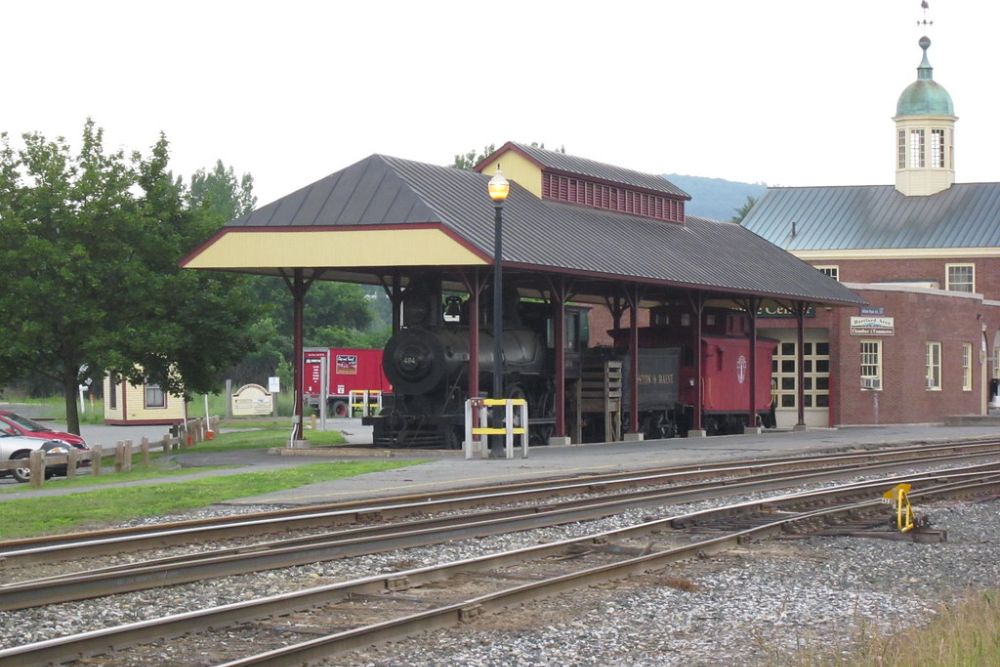
Vermont’s small-town setting creates an unexpectedly intimate environment for culinary education. White River Junction’s population barely reaches 2,500 people, making it smaller than most shopping malls. The Community College of Vermont’s culinary program allows for incredibly personalized instruction and close relationships between students and instructors.
Local farms provide fresh ingredients year-round, and students often work directly with producers to understand the complete food chain from soil to plate.
Culinary Academy of Las Vegas
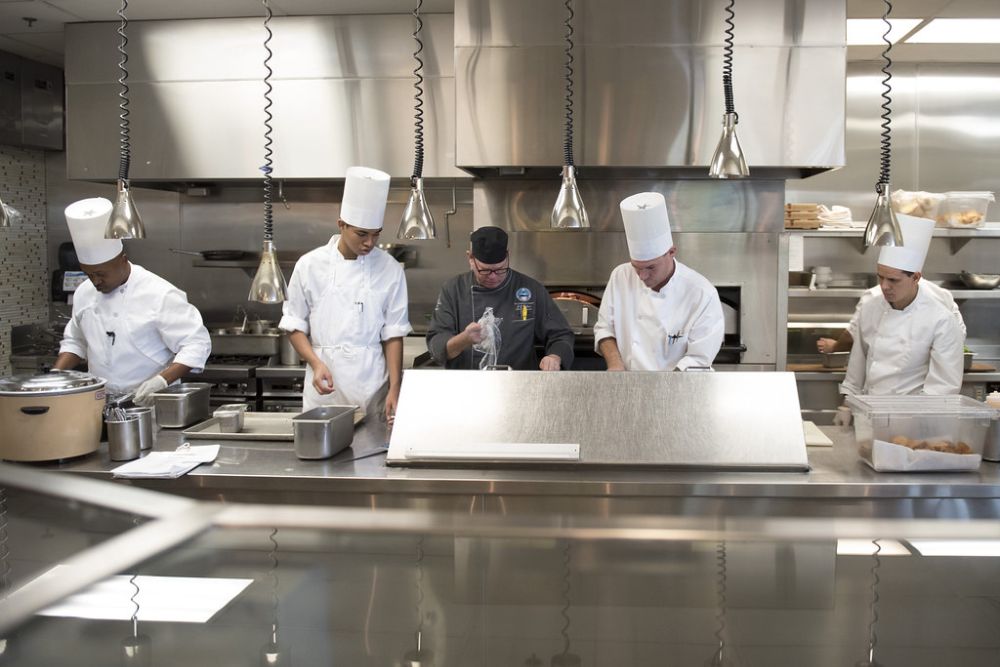
While Las Vegas has world-renowned restaurants, the culinary school sits away from the glittering Strip in an industrial area. Students train in a no-nonsense environment that focuses on fundamental skills rather than flashy presentation.
The school’s location provides access to the massive food service operations that keep Vegas running 24/7. Graduates often find work in the city’s hotel and casino kitchens, learning to feed thousands of people efficiently and consistently.
Like Travel Pug’s content? Follow us on MSN.
Keiser University in West Palm Beach

Florida’s Gold Coast is known for retirement communities and beaches, not serious culinary education. Keiser University’s culinary program operates in this unexpected environment, training students to work in resort and hospitality settings.
The year-round tourist season provides constant opportunities for hands-on experience in high-end catering and resort dining. Students learn to adapt their cooking to Florida’s unique climate and abundant seafood resources.
Indiana University of Pennsylvania Culinary Arts
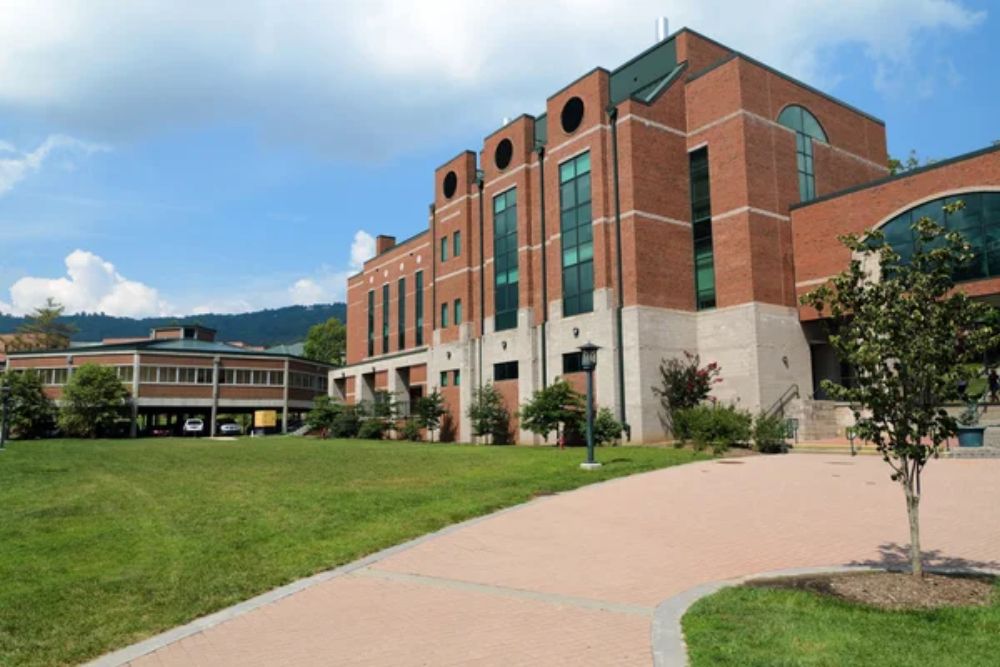
A small Pennsylvania town that shares its name with a state creates confusion, but IUP’s culinary program is seriously impressive. The rural campus allows students to connect directly with local farmers and learn about seasonal cooking in a hands-on way.
Small-town costs keep student debt manageable while providing access to big-city internship opportunities in nearby Pittsburgh. The program’s emphasis on sustainable practices attracts students interested in environmental responsibility.
Oregon Coast Community College in Newport
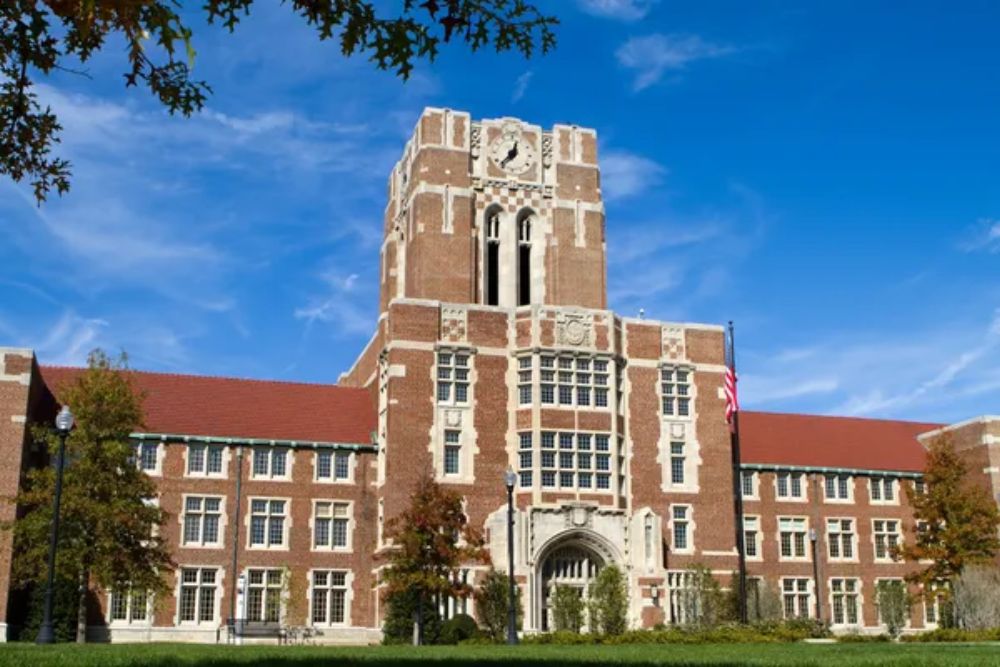
Oregon’s rugged coastline provides an unexpected setting for culinary education, far from Portland’s well-known food scene. Newport sits directly on the Pacific Ocean, giving students access to some of the freshest seafood in the country.
Oregon Coast Community College’s culinary program takes advantage of the region’s fishing industry and growing culinary tourism. Students learn coastal cuisine techniques while working with incredibly fresh local ingredients like Dungeness crab, Pacific oysters, and wild salmon.
Like Travel Pug’s content? Follow us on MSN.
Newbury College in Brookline

Brookline, Massachusetts, sits in Boston’s shadow, making it an unexpected location for a respected culinary program. The suburban setting provides a quieter learning environment while maintaining easy access to Boston’s restaurant scene.
Students often commute into the city for internships while enjoying lower housing costs in Brookline. The school’s small size creates tight-knit communities among culinary students who support each other throughout their careers.
Sullivan University in Louisville
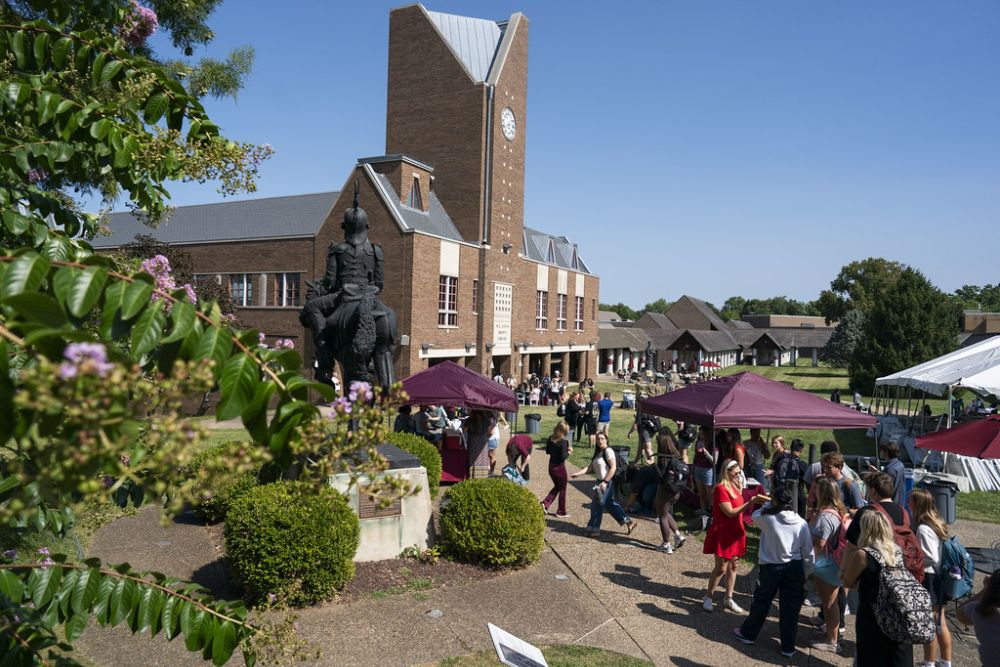
Kentucky’s largest city is famous for bourbon and horse racing, not haute cuisine. Sullivan University’s culinary program takes advantage of this unique setting to teach students about food and beverage pairing with local spirits.
The school operates several restaurants that showcase regional ingredients and traditional techniques alongside international cuisines. Students learn to work with Kentucky’s signature products while developing skills that transfer anywhere.
Estrella Mountain Community College in Avondale

This Arizona community college sits in a Phoenix suburb that many people have never heard of. The culinary program operates in a state-of-the-art facility that rivals much more expensive private schools.
Students pay community college tuition while receiving training that prepares them for careers in high-end establishments. The desert location provides unique opportunities to study Southwestern and Mexican cuisines with authentic ingredients and techniques.
Like Travel Pug’s content? Follow us on MSN.
Ozarks Technical Community College in Springfield

Springfield, Missouri, doesn’t appear on most culinary destination lists, but OTC’s program produces well-trained professionals. The Ozarks region provides access to traditional American cooking techniques and locally sourced ingredients.
Students learn to work with game meats, foraged ingredients, and preservation methods that connect them to food traditions. The affordable education and low cost of living make culinary careers accessible to students from working-class backgrounds.
Cape Fear Community College in Wilmington

North Carolina’s coast offers an unexpected setting for serious culinary education. Cape Fear Community College takes advantage of the region’s seafood industry and growing tourism sector.
Students learn coastal cuisine techniques while working with incredibly fresh local ingredients. The school’s location provides internship opportunities at beach resorts and seafood restaurants that specialize in regional preparations.
Spokane Community College in Washington
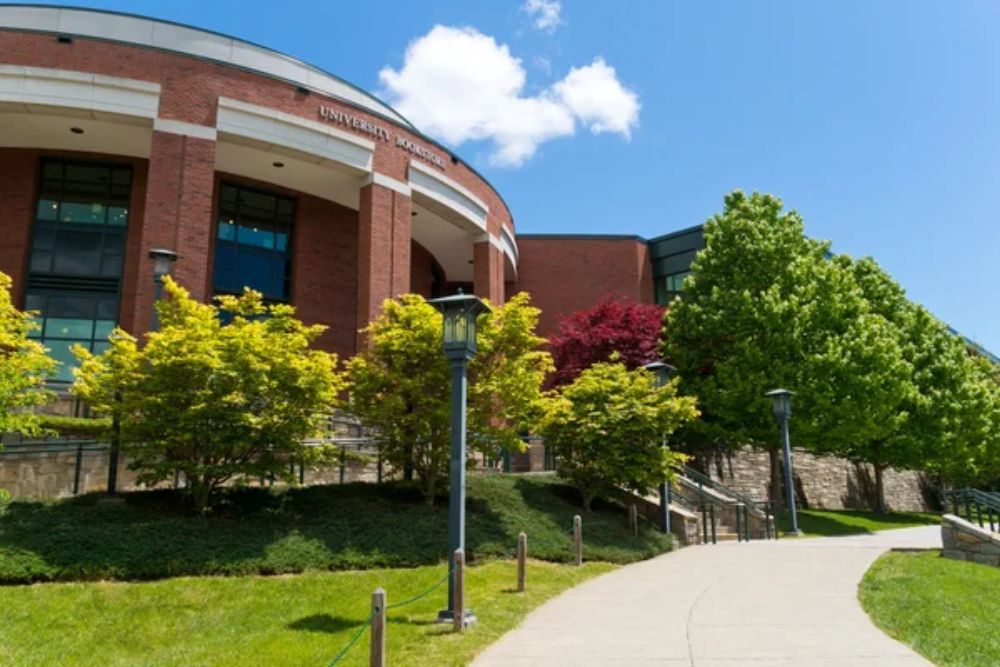
Eastern Washington’s largest city sits far from Seattle’s well-known food scene, making it an unlikely culinary education destination. Spokane Community College offers comprehensive training at community college prices in a region with lower competition for jobs.
Students benefit from the area’s agricultural abundance and growing wine industry while avoiding the high costs associated with more famous culinary cities. The program emphasizes practical skills that prepare graduates for immediate employment in diverse settings.
Like Travel Pug’s content? Follow us on MSN.
Where Culinary Dreams Take Root

These unexpected locations prove that excellent culinary education doesn’t require a famous address or sky-high tuition costs. Many of these schools offer advantages that their big-city counterparts can’t match, from lower costs to unique regional specialties and more personalized attention.
Students who choose these unconventional paths often find themselves better prepared for real-world success, having learned to work with local ingredients and serve diverse communities. The future of culinary education is spreading beyond traditional centers, creating opportunities in places where passionate food lovers might never have thought to look.
More from Travel Pug

- 20 Best Beach Towns in the Carolinas
- 13 Destinations Where Tourists Regularly Regret Their Trip
- 20 Things You Actually Get in First Class
- 20 Small Airports With Aviation Museums
- 20 Places in the U.S. That Are Perfect for a Reset Trip
Like Travel Pug’s content? Follow us on MSN.
